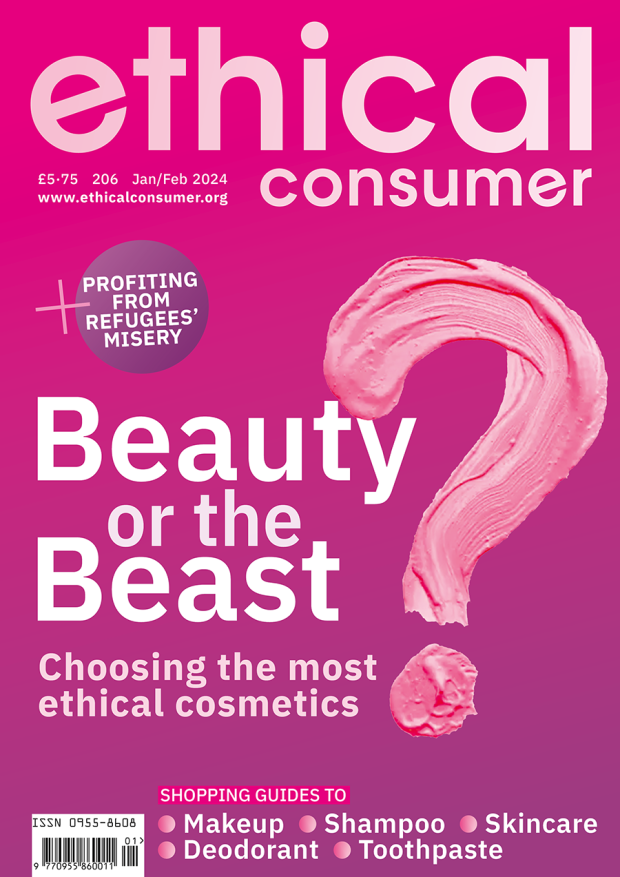This guide examines ‘natural’ branding, debates over aluminium and toxic chemicals, the environmental impacts of aerosols, pioneering approaches to packaging, and animal testing in cosmetics. With nearly 50 brands in the guide, and scores ranging from rock bottom to near the top, there's plenty of choice for what you put on your armpits.
The UK deodorant market includes billion-dollar multinationals like Unilever, Procter & Gamble, and Colgate-Palmolive, supermarket-shelf stalwarts like Bulldog, Triple Dry, and Nivea, alongside a host of ‘natural’ options that range from multimillion-pound brands like Wild through to artisanal small businesses like Ku.tis.
Finding eco friendly deodorants in growing market
Deodorant is enjoying a comeback in the post-pandemic world, according to UK market leader and general corporate behemoth, Unilever. The company behind Dove, Lynx and Sure recorded a 15% surge in deodorant sales over the past year, as returning office workers became less able to hide the fruit of their armpits behind the scentless safety of Zoom.
The market for more natural alternatives is also expanding, and there are now far too many ‘natural’ deodorant brands in the UK to cover in this shopping guide.
The Body Shop
It was announced in February 2024 that The Body Shop's private equity owners, Aurelius, had called in the administrators which was likely to result in shop closures and job losses. We have therefore removed The Body Shop from this guide until we can be sure that the brand will continue to exist and in what format and if Aurelius will continue to be the owners of a restructured Body Shop.




